Editor's note: Tax debts, tax evasion, smuggling, appropriation of the Petroleum Price Stabilization Fund... are the dark corners of many petroleum enterprises. The fact that these enterprises with weak business capacity are allowed to slip through is believed to be largely due to the licensing process.
The series of articles "The hidden corners of the petroleum 'giants'" produced by VietNamNet hopes to contribute more voices to improve and filter the petroleum market, to protect consumer rights, the development of legitimate petroleum businesses, and to ensure national energy security.
Screening of petroleum sources
In the face of recent turmoil in the petroleum market, a petroleum expert believes that licensing and management are the root causes of the problems that have arisen. Therefore, in order to move towards a more stable and sustainable petroleum market, the work of screening key traders must be prioritized.
This person believes that it is necessary to amend the regulations on the conditions for becoming a petroleum wholesaler. For example, one of those conditions is to have a warehouse to receive imported petroleum, with a minimum capacity of 15,000m3, to directly receive petroleum from ships and other specialized petroleum transport vehicles.
However, Decree 83 allows this warehouse to be owned by the enterprise, or leased from a petroleum trader for 5 years or more.
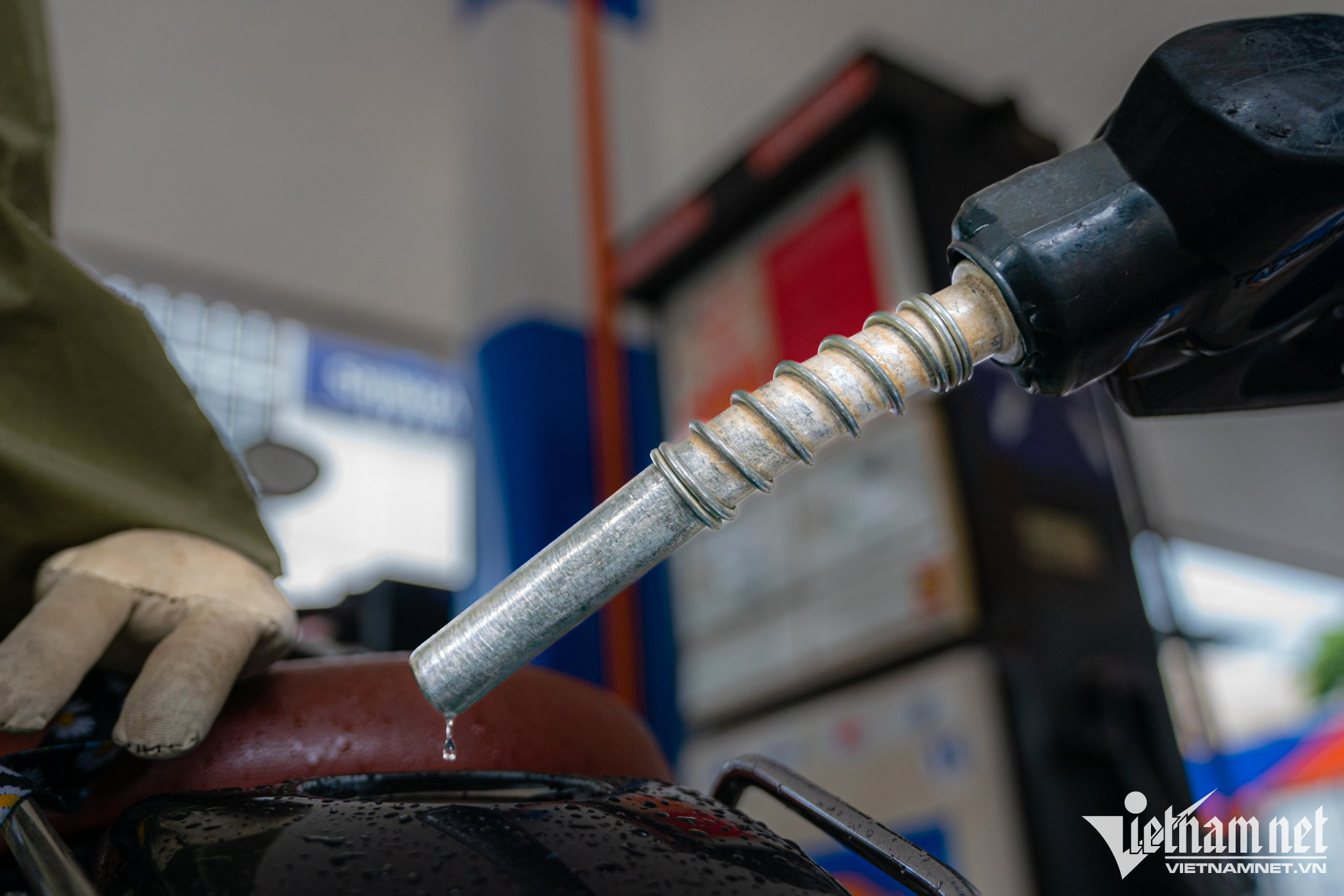
This expert said frankly: In fact, it is necessary to require the main traders to have warehouses owned by the enterprise. Because, up to now, investing in petroleum warehouses requires buying land and expensive construction, so the main traders who want to be licensed often choose to rent warehouses. That has invisibly created a group of main businesses that do business in a "quick-fix" manner.
“The wholesale businesses should not be allowed to rent warehouses anymore. Only when there is infrastructure can they become wholesale petroleum businesses. They keep borrowing pig heads to cook porridge,” he said, upset about the situation of too many weak wholesale petroleum traders.
In 2020, when giving comments on the amendment of Decree 83/2024 on petroleum trading, the Ministry of Finance noted that the Ministry of Industry and Trade should study regulations to control the number of key traders trading in petroleum to avoid overheating.
The Ministry of Public Security also warned about the situation of "a hundred flowers blooming" in the import and export of petroleum in 2020, when the Ministry of Industry and Trade had the idea of allowing independent business individuals to act as petroleum hubs.
When the screening of key enterprises is thorough, those enterprises that do business properly will survive in the market. They are aware of protecting their brand by ensuring the supply of gasoline in all situations as well as tax obligations and responsibility to the Price Stabilization Fund...
Prevent tax evasion by monitoring output
Up to this point, the question of why businesses such as Hai Ha Waterway Transport, Xuyen Viet Oil... can owe thousands of billions of VND in taxes, as VietNamNet has reported, still has no clear answer. Preventing tax debts, tax arrears, and even the risk of tax evasion by many key petroleum units must be done immediately.
Sharing with PV. VietNamNet, Mr. Chung Thanh Tien, the Accounting Association Understand Right - Do Right (under the Ho Chi Minh City Accounting Association) pointed out: Currently, petroleum companies are places that harbor the risk of tax fraud, because most people do not get invoices when filling up their gas tanks. Not only that, they also assist in the buying and selling of invoices. The tax sector needs to keep an eye on the petroleum business to limit risks and losses to the state budget.
“The fundamental solution is to control the amount of gasoline consumed by each gas station in a day - which is not difficult at all. If the output is controlled, the input will automatically be exposed, making it easy to detect how much gasoline is input,” Mr. Chung Thanh Tien suggested.
“For example, today this gas station sold 1,000 liters, but the input invoice only issued 500 liters, so where did the other 500 liters of gas come from? So instead of controlling on the invoice, we should find another solution similar to the one that retailers and stores are requiring to use electronic invoices. Should we also apply that solution to gas stations?” he suggested.
When giving comments on amending Decree 83 in 2020, the Ministry of Public Security also pointed out the reality that consumers often do not get invoices when buying retail gasoline, many subjects take advantage of this loophole to smuggle fake gasoline and smuggled gasoline in large quantities for consumption.
Typical examples include the consumption of 137 million liters of fake gasoline and 1.6 million liters of fake diesel by Trinh Suong's group; the seizure of 2 million liters of fake gasoline in Nghe An ,... Therefore, the Ministry of Public Security has proposed mandatory regulations to seal the total meter of gasoline tanks and connect data of sales pumps at gasoline stores and agents to tax authorities.
Unify a focal point to manage gasoline prices
The Ministry of Industry and Trade has submitted to the Government an amendment to Decree 95 on petroleum trading. Commenting on this draft, the Ministry of Finance proposed to assign all price management to the Ministry of Industry and Trade. At the end of 2022, Prime Minister Pham Minh Chinh also directed the study and amendment of Decree 95 on petroleum trading in the direction that the Ministry of Industry and Trade is the unified management agency.
Having a deep understanding of the petroleum market, Mr. Nguyen Tien Thoa, Chairman of the Vietnam Valuation Association, said: Petroleum management is very messy, there is a situation where one ministry blames another; when the price goes up, the price goes down, when the supply is cut off. Therefore, now, it is necessary to find a solution for one ministry to be the focal point for effective management.
So which ministry can take charge? In response to this question, Mr. Nguyen Tien Thoa said: The Ministry of Industry and Trade is managing petroleum, from the planning stage, building the petroleum trading system, port system; managing quotas, granting quotas, granting licenses to become the focal point...
Therefore, this ministry understands best the operation of that system, associated with the costs of price management, so it is most reasonable to assign the management of gasoline to the Ministry of Industry and Trade.
“The Ministry of Finance manages petroleum business costs, but does it understand how petroleum businesses do business like the Ministry of Industry and Trade? The Ministry of Finance only listens to their reports, then checks and calculates petroleum business costs, is it all correct?” Mr. Nguyen Tien Thoa questioned.
“This is not about shifting responsibilities from one ministry to another, but about finding a more effective management ministry. Obviously, the management and operation in the past was ineffective,” he explained.
Sharing with reporters, a representative of the Ministry of Industry and Trade said: In recent times, the Ministry of Industry and Trade has made efforts to ensure energy security in terms of petroleum, meeting the needs of people's daily life and production. Many solutions have also been implemented to gradually stabilize the petroleum market. In addition, documents related to petroleum management are also being revised and supplemented to best ensure energy security in the coming period. |
Part 1: The hidden corners of a series of oil and gas giants: Billions in tax debt, boss proposed to be banned from leaving the country
Lesson 2: Hundreds of billions of the Petroleum Price Stabilization Fund were appropriated: Ignoring warnings, risk of losing everything
Lesson 3: Inferior to the oil giants, retail businesses are haunted by the fear of working for zero dong
Lesson 4: Need to stop backyard fraud and 'bare-handed capture' in the petroleum market
Source



![[Photo] Prime Minister Pham Minh Chinh and Prime Minister of the Kingdom of Thailand Paetongtarn Shinawatra attend the Vietnam-Thailand Business Forum 2025](https://vphoto.vietnam.vn/thumb/1200x675/vietnam/resource/IMAGE/2025/5/16/1cdfce54d25c48a68ae6fb9204f2171a)








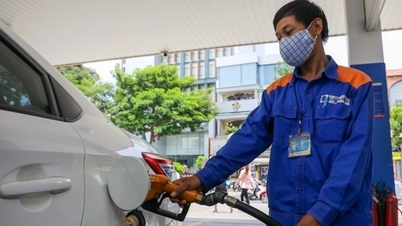
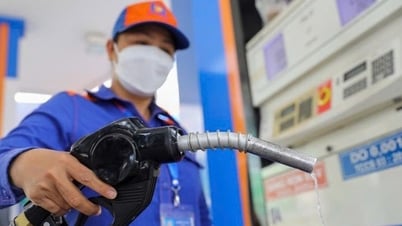




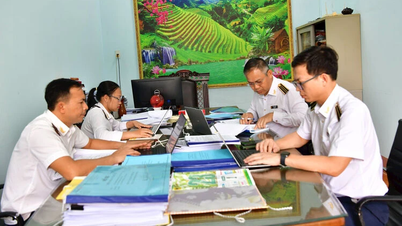

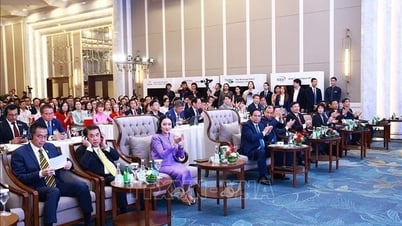



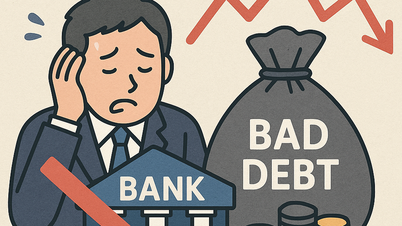










![[Photo] President Luong Cuong receives Prime Minister of the Kingdom of Thailand Paetongtarn Shinawatra](https://vphoto.vietnam.vn/thumb/1200x675/vietnam/resource/IMAGE/2025/5/16/52c73b27198a4e12bd6a903d1c218846)








































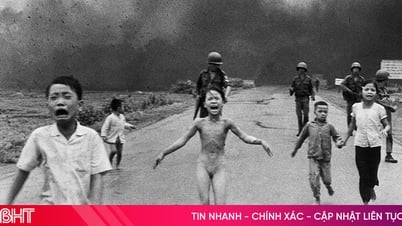

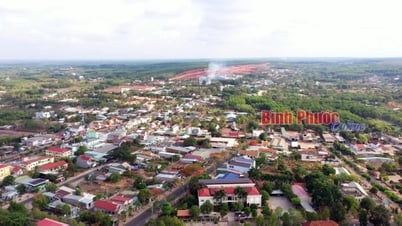



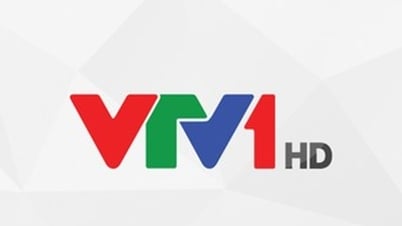

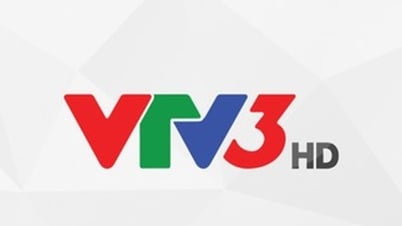












Comment (0)